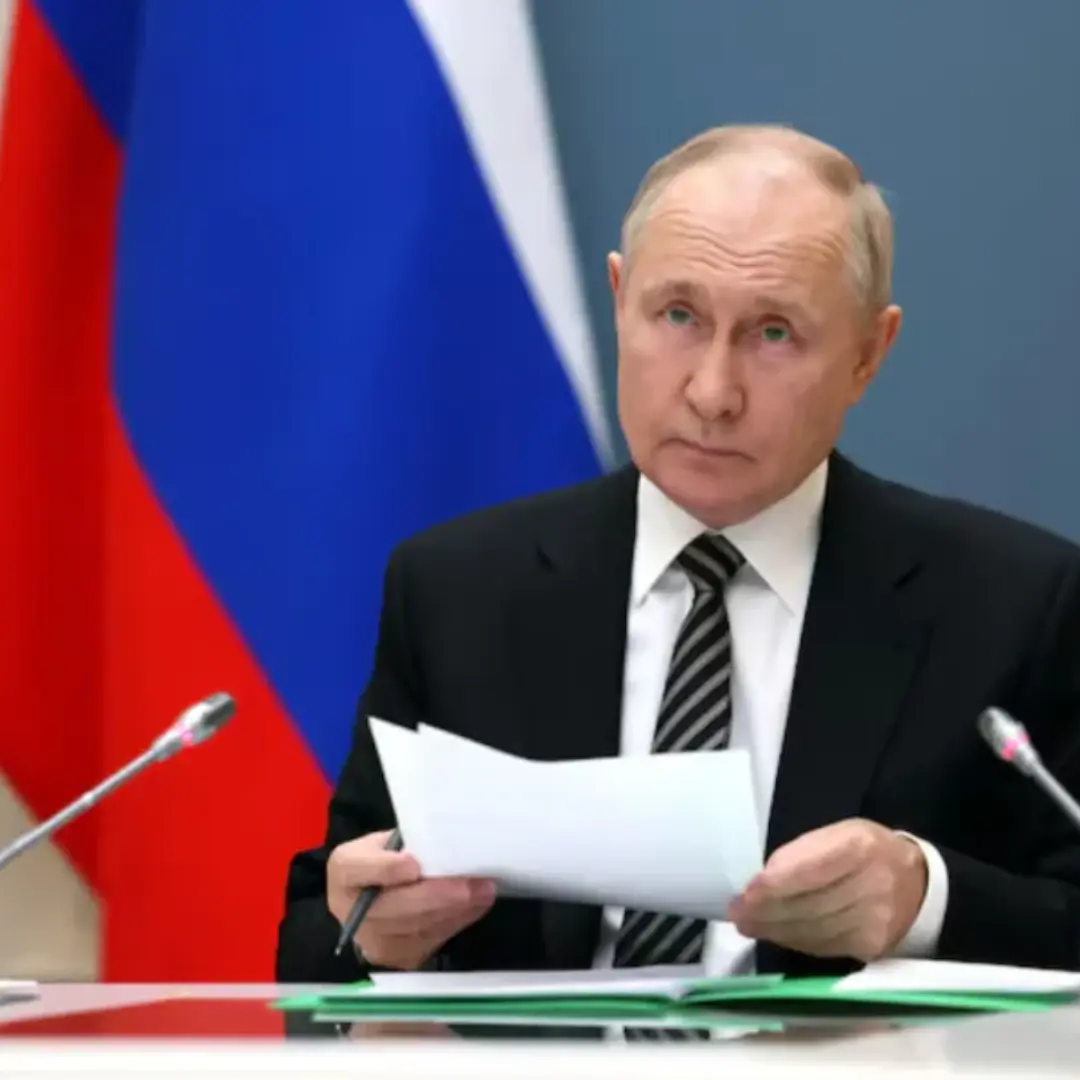The Moscow Exchange’s decision to halt trading in US dollars (USD) and euros (EUR) follows the imposition of new US sanctions against Russia, specifically targeting its military actions in Ukraine. These sanctions have had significant repercussions on Russia’s financial sector, prompting the Moscow Exchange, a key hub for foreign currency transactions in the country, to suspend these currency pairs.
The move by the Moscow Exchange to suspend USD and euro trading aims to mitigate the immediate impact of the sanctions on Russia’s financial markets. By temporarily halting trading in these currencies, the exchange seeks to stabilize and manage the volatility that typically accompanies such geopolitical developments. This decision underscores the sensitivity and interconnectedness of global financial markets, where geopolitical tensions can swiftly influence currency exchange rates and market confidence.
Despite the suspension of USD and euro trading on the Moscow Exchange, Russians still have access to foreign currencies through domestic banks. This provision ensures that individuals and businesses can continue their financial transactions in USD and euros, albeit through alternative channels. It also reflects Russia’s efforts to maintain financial liquidity and stability amidst external pressures and sanctions.
The broader implications of the sanctions on Russia’s financial system include potential disruptions to international trade and investment flows. With restricted access to USD and euros through the Moscow Exchange, Russian businesses engaged in international trade may face challenges in settling transactions and managing currency risks. Moreover, the sanctions could exacerbate inflationary pressures and impact the purchasing power of the Russian ruble, influencing consumer confidence and economic stability.
In response to these sanctions, the Russian government and financial authorities are likely to implement measures to mitigate the effects on the economy. This could involve further capital controls, adjustments to monetary policy, or diplomatic efforts to ease international tensions and seek alternative financial arrangements.
Overall, the suspension of USD and euro trading on the Moscow Exchange highlights the immediate impact of geopolitical events on global financial markets and underscores the importance of contingency planning and risk management in international finance. It also underscores the complex interplay between political decisions, financial regulations, and market dynamics in shaping economic outcomes on a global scale.









